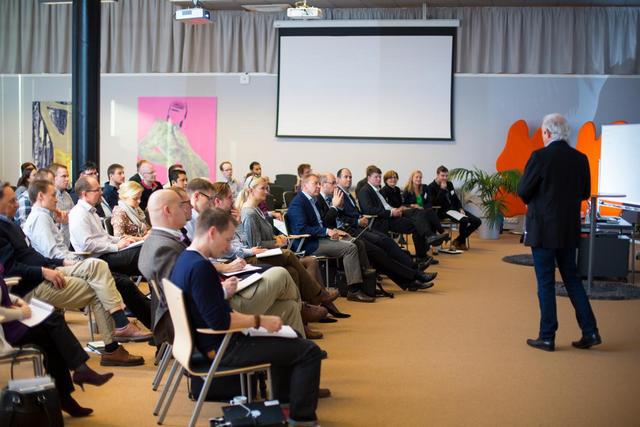
Meeting Woes: Addressing Common Issues in Organizations

Meetings are meant to be a way of finding solutions and discussing ideas, but they often turn into a source of frustration and inefficiency Common problems include lack of preparation, excessive length, domination by certain individuals, lack of focus, too many meetings, and starting late
Meetings are a common practice in organizations to ensure all parties involved are on track in achieving their goals and objectives. They range from departmental to organizational-wide meetings, organized as needed. However, not all meetings are successful due to various factors that can cause problems.
Some of these factors include the following;
Different Factors for the Problems Of Meetings
1) Lack of preparation
One of the major issues with meetings is that attendees are often invited without a clear understanding of the agenda and their potential role in the discussion. This can lead to confusion and a lack of engagement, ultimately resulting in unproductive meetings.
When a meeting lacks a clear agenda, attendees often become mentally fatigued and disengaged. This can lead to feelings of boredom and a sense of wasted time, as there is no clear direction or purpose to the discussion. Without proper preparation, it can be challenging to refocus the group and get them back on track. Additionally, a lack of preparation can result in the manager losing control of the meeting and appearing ineffective in the eyes of their colleagues.
2) Meeting taking too much time
To ensure a successful meeting, it is crucial to allocate specific timeframes for each agenda item from the beginning to the end. It is important to avoid lengthy discussions that exceed the intended end time for the meeting.
It is crucial to prioritize important issues during meetings and allow attendees to leave once they have been addressed. Failing to do so can lead to dissatisfaction and distractions, potentially causing disruptive behavior and long-term problems if left unaddressed. Therefore, adhering to a strict schedule and freeing attendees after discussing important matters is essential for effective meetings.
3) Monopolization of the meeting
It is a typical scenario where a single person in a large gathering assumes control of the entire meeting by presenting themselves as the one who has a better understanding of the issues at hand. These individuals tend to monopolize the discussions, leaving little to no room for other members to contribute or express their viewpoints.
Monopolizing meetings can be problematic as it can make other members feel inferior. This is often done through intimidation tactics that discourage contributions, ultimately stifling the potential for productive discussions. Additionally, monopolization can lead to inefficiencies in achieving meeting goals and create disharmony among members, hindering overall organizational success.
4) Lack of focus
Having a clear focus in meetings is crucial for their success, yet it is a common problem that arises. A clear agenda should be established prior to the meeting and strictly followed. Unfortunately, moderators often stray from the main issues and delve into personal matters, digressions, and unrelated topics. This lack of direction leads to the loss of the main idea, causing attendees to disengage and think about other matters. Ultimately, this reduces the effectiveness of the meeting and decreases the chances of achieving desired outcomes. Poor planning and management are often the root causes of these meeting problems.
5) Many meetings on a regular basis
We all know that most formal meetings are boring. The idea of discussing issues in a professional approach with less or no fun at all is something that many people dread.
Calling for multiple meetings within a short time frame to discuss the same agenda signals trouble brewing. Holding regular meetings to discuss the same topics repeatedly is pointless. This approach not only highlights your inefficiency as a leader, but also showcases your inability to guide a meeting towards a viable solution. Meetings should only be scheduled when necessary and when new issues arise that need to be addressed.
Otherwise, it is just a waste of time converging together discussing with no results rather than using that time to get to work and be productive to the organization.
6) Starting the meeting late
There is nothing serious like calling for a meeting at a particular time, and instead, you appear late after other members have settled in the venue.















